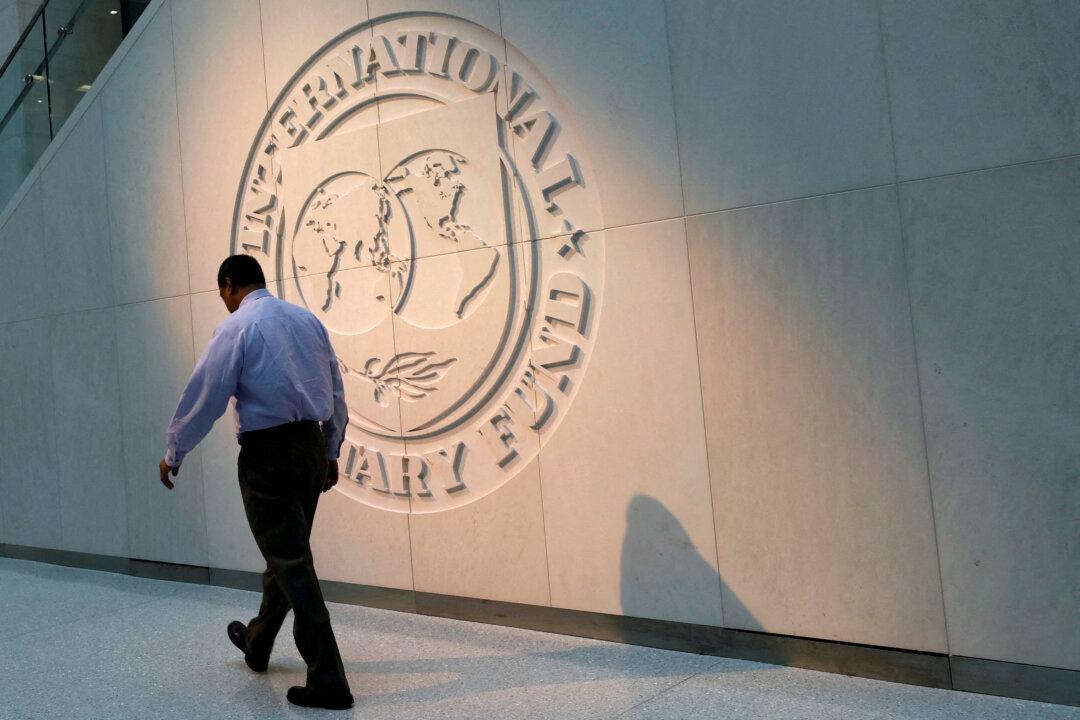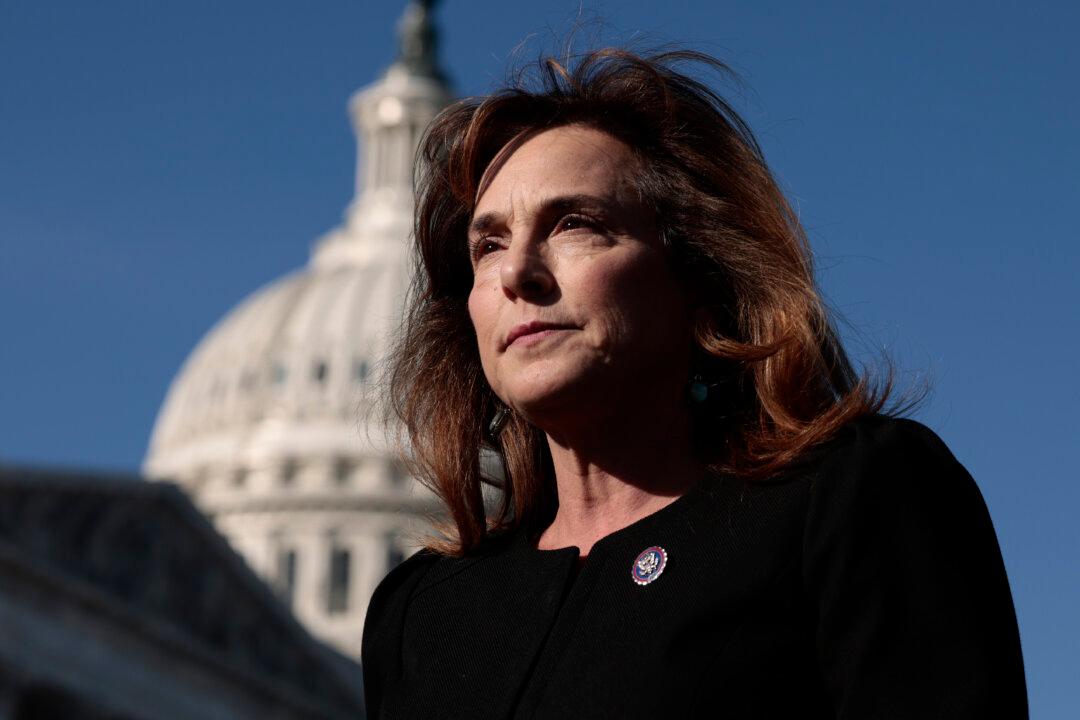The cryptocurrency world is rapidly evolving, with new developments emerging almost daily. However, America is in danger of falling behind its global competitors, according to Coinbase Chief Legal Officer Paul Grewal.
During Thursday’s hearing of the House Subcommittee on Digital Assets, Financial Technology, and Inclusion, Grewal emphasized the importance of the crypto industry while accusing U.S. regulators of lagging behind the global competition.




